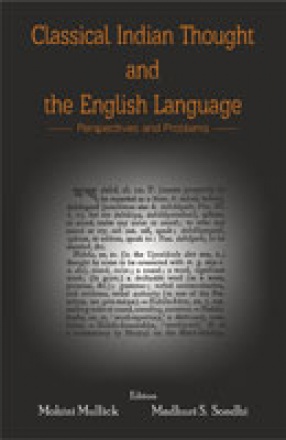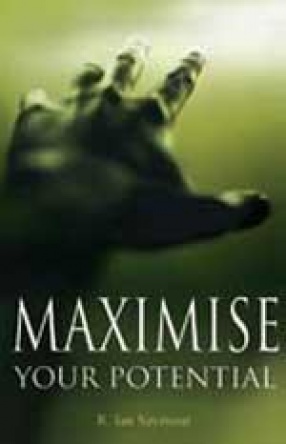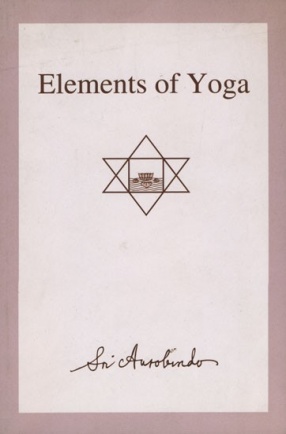This book is based on the proceedings of a Workshop held in 2011 on Rendering of the Categories of Classical Indian Thought in the English Language: Perspectives and Problems.
Although scientific texts appear to have successfully solved the problem by standardizing technical terms for all languages of instruction and communication, the problem of translation becomes acute when dealing with vocabularies of long standing belonging to ancient cultures, as is the case in India.
More urgently, we know that the thought worlds of ancient and medieval India are still very much alive and with us. Thus to even begin to understand contemporary India and its dilemmas, it is essential to come to grips with the foundational concerns, wisdom and follies of a civilization that has refused to die. What we find, however, is that when it comes to the understanding of our own thought traditions, their rendering into the English language in the colonial (and post-colonial) period, has only served to obscure the great cultural divide between the history of Western thought and our own.
The workshop thus aimed at bringing into focus the problems associated with conveying the central concepts and categories relating to some key areas of Indian classical thought through the well-established lexicons available in English, the language of ‘power’.
The multidisciplinary gathering included not only philosophers from the fields of Epistemology, Ontology, Aesthetics, Moral Philosophy, Philosophy of Language, Religion and Logic, but also specialists in the fields of Political Theory, History, and Culture Theory from India and abroad.
Contents: Introduction. Part I: 1. Why and how should we read ancient texts? (response: Claus Oetke, discussion)/Sudipta Kaviraj. 2. Comparative studies and the explanatory problem: a methodological essay (discussion)/S.N. Balagangadhara. 3. Translating philosophical texts: challenges and new avenues (discussion)/D. Prahlada Char. 4. Ways of rendering non-western thought in western languages (Response: S.N. Balagangadhara, discussion)/Claus Oetke. 5. Framing the Predicament of Indian thought: Gandhi, the Gita, and Ethical Action (Response: Sudipta Kaviraj, discussion)/Vivek Dhareshwar. Part II: 6. On the availability of ethics in India (Response: Purushottam Aggrawal, discussion)/P.K. Mukhopadhyay. 7. The making of Varna and Jati: meaning, text and commentary vis-a-vis a comprehensive notion of ‘caste’ (discussion)/Aloka Parashar Sen. 8. The case of Natyashastra of Bharata and its commentary Abhinavabharati (Response: Kapila Vatsyayan, discussion)/K.D. Tripathi. 9. The death of language: an afterword (Response: Navjyoti Singh, discussion)/Wagish Shukla.10. The history of Indian materialism (Response: Wagish Shukla, discussion)/Ramkrishna Bhattacharya.





There are no reviews yet.